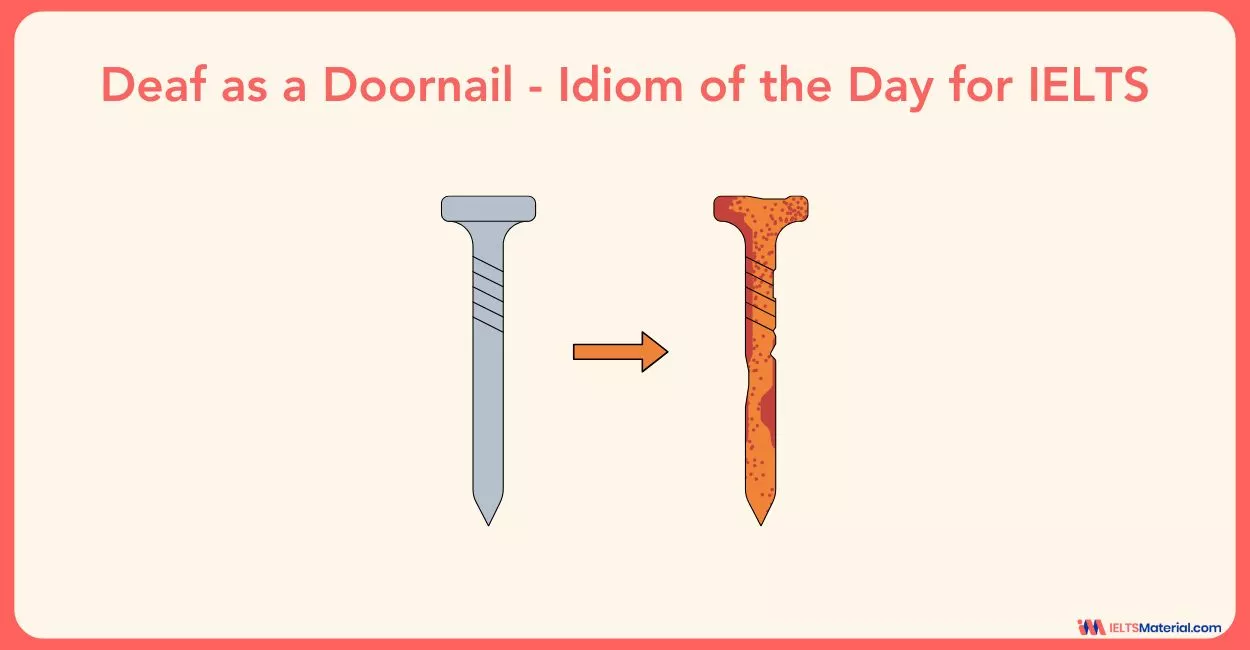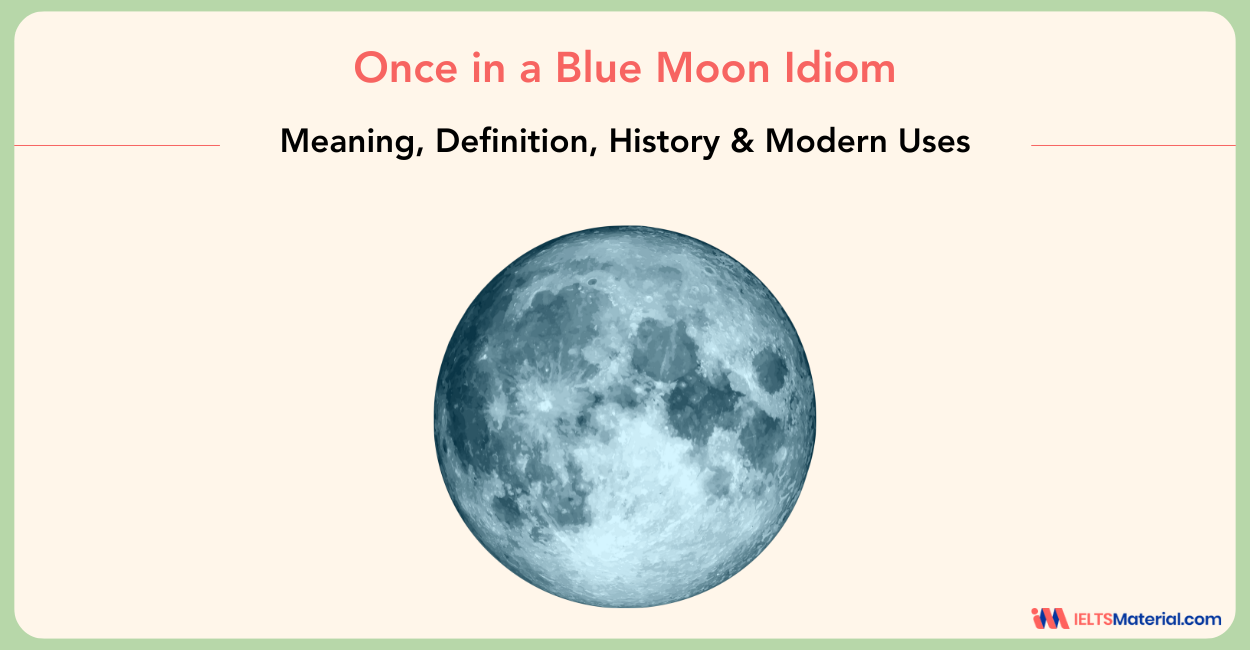Common Idioms to Boost Your IELTS Score – Topic : Fear and Frustration
6 min read
Updated On
-
Copy link
Explore common idioms to boost your IELTS score – Topic: Fear and Frustration. This blog provides meanings, examples, short exercises, to help you use idioms effectively in IELTS Speaking, improving your vocabulary, & fluency.
Table of Contents

Limited-Time Offer : Access a FREE 10-Day IELTS Study Plan!
In IELTS Speaking, idioms make your answers more natural, fluent, and expressive. Examiners look for a wide range of vocabulary, and idioms related to fear, nervousness, and frustration are especially useful since these emotions often appear in speaking questions. This blog explains key idioms, provides examples, exercises, and shows you how to use them in IELTS Speaking Part 1, Part 2, and Part 3 answers.
Idioms Related to Frustration
At the End of Your Tether
- Meaning: If you are at the end of your tether, you are very upset because you can no longer deal with a difficult situation.
- I had tried every solution I could think of. I was at the end of my tether.
- NOTE: A tether is a rope or chain which is used to tie an animal to a post or fence.
The Last Straw / The Final Straw
- Meaning: Used to describe the final problem in a series of difficulties that makes you lose patience.
- The relationship had been in trouble for a while, and Jack’s behaviour that night was just the final straw.
- NOTE: A bundle is many things that are tied or wrapped together.
Not Get a Word in Edgeways
- Meaning: If you cannot get a word in edgeways, it means someone else is talking too much and not letting you speak.
- For heaven’s sake, Sue, will you let me get a word in edgeways!
- NOTE: Butterflies is also used in many other structures and expressions with similar meaning.
Want to master more high-band IELTS vocabulary for the IELTS exam? Book a Free Demo Class today.
Idioms Related to Nervousness
A Bundle of Nerves
- Meaning: Someone who is a bundle of nerves is extremely nervous.
- Elaine admitted she was a bundle of nerves when she had to sing in front of the queen.
Butterflies in Your Stomach
- Meaning: If you have butterflies in your stomach, you feel nervous about something you need to do.
- Now I’ve qualified as a competitor, I’m starting to feel the butterflies in my stomach already.
Get / Have Cold Feet
- Meaning: If you get cold feet about something, you suddenly feel nervous and unsure about going through with it.
- Leaving Ireland wasn’t easy and I had cold feet about it a couple of times.
On Edge
- Meaning: If someone is on edge, they are anxious and unable to relax.
- She seemed a bit on edge the whole evening, which I decided was due to work stress.
Shaking Like a Leaf
- Meaning: When someone is shaking like a leaf, they are trembling with fear.
- Afterwards, I was shaking like a leaf.
Idioms Related to Fear
Frighten / Scare the Life Out of Someone
- Meaning: If something frightens the life out of you, it makes you very afraid.
- It scared the life out of me when they said I needed surgery.
Give Someone the Creeps
- Meaning: If someone or something gives you the creeps, they make you feel nervous or uneasy.
- That statue in my parents’ hallway always gave me the creeps.
Jump Out of Your Skin
- Meaning: If you jump out of your skin, you are suddenly very shocked or frightened.
- The first time I heard shots I jumped out of my skin.
Scare Someone Out of Their Wits
- Meaning: To scare someone out of their wits means to make them very frightened or worried.
- Oh, I’m so glad you’re all right! You scared us out of our wits.
Want to master more high-band IELTS vocabulary for the IELTS exam? Enroll for an IELTS Online Classes today.
Idioms Related to Futility and Annoyance
Until You Are Blue in the Face
- Meaning: If you do something until you are blue in the face, you keep trying without success.
- The president can issue orders until he is blue in the face, but no one will take any notice.
Red Tape
- Meaning: Red tape refers to unnecessary official rules and paperwork that delay progress.
- After dealing with all the red tape and finally getting approval, our funding was cut.
IELTS Speaking Practice with Idioms
Practice the idioms related to fear and frustration in IELTS Speaking Part 1, Part 2, and IELTS Speaking Part 3. Here are a few examples:
Part 1 Questions & Sample Answers
Q1: Do you often feel nervous before exams?
Yes, definitely! Before my IELTS mock test, I was a bundle of nerves. My hands were shaking like a leaf, but once I started, I managed to calm down.
Q2: Have you ever been so frustrated that you wanted to give up?
Oh yes, many times. When I was preparing for IELTS Reading, I tried different strategies but kept scoring low. I was honestly at the end of my tether.
Q3: Do you like speaking in front of a group of people?
Not really. Whenever I have to present something, I get butterflies in my stomach, and sometimes I even get cold feet at the last minute.
Part 2 Cue Card with Idioms
Describe a time when you felt very nervous.
You should say:
- When it was
- Why you felt nervous
- What happened
- And explain how you dealt with it.
Sample Answer:
I remember the first time I had to give a presentation at university. I was a complete bundle of nerves and had butterflies in my stomach before stepping on stage. As I began, my voice trembled, and I was shaking like a leaf. At one point, I almost couldn’t get a word in edgeways because my partner kept interrupting me. But eventually, I got through it, and the positive feedback really boosted my confidence.
Part 3 Questions & Sample Answers
Q1: Why do people get nervous in important situations?
I think people get nervous because they don’t want to fail or be judged. For instance, many students have butterflies in their stomach before an exam or interview. It’s natural, but some people get so anxious that they feel on edge all the time.
Q2: How can people overcome fear?
In my opinion, fear is part of life, but you can manage it with practice. For example, the first time I heard gunshots in my city, I jumped out of my skin. But over time, I got used to it and became less sensitive.
Q3: Do you think frustration can ever be useful?
Yes, in some ways. When people are at the end of their tether, they often try new solutions. It pushes them to act. But if it reaches the last straw, it can also make them give up.
Practice Exercises
Test your understanding of the idioms with these exercises.
Exercise 1 – Fill in the Blanks
Choose the best answer to complete the sentences.
-
I had __________ in my stomach before I walked out onto the stage.
a) creeps b) butterflies c) nerves -
The door suddenly banged and frightened the __________ out of me.
a) life b) leaf c) wits
Exercise 2 – Choose the Correct Explanation
-
There was so much red tape involved in getting a visa.
a) It was expensive. b) There were a lot of official documents to complete. -
I nearly jumped out of my skin!
a) Something made me laugh. b) I was frightened.
Exercise 1 – Fill in the Blanks
- butterflies
- wits
Exercise 2 – Choose the Correct Explanation
- b) There were a lot of official documents to complete.
- b) I was frightened.
Your Turn!
Have you ever felt fear, nervousness, or frustration recently? Try using these idioms in your own sentences. For example:
- The fire alarm went off during class and scared the life out of us.
- I was a bundle of nerves before my IELTS Speaking test.
Idioms are powerful tools in IELTS Speaking. Using expressions like a bundle of nerves, the last straw, or scare someone out of their wits can make your answers sound more engaging and natural. Practice these idioms in your daily conversations and mock tests, and you’ll feel more confident when facing the examiner.
Grab the newly launched Vocabulary for IELTS (Essential words for popular topics in IELTS) to level up your preparation.
If you’re aiming for a higher band score, make sure to practice idioms in context and check out the IELTS Exam Preparation Tips for Band Score of 8+ to further enhance your vocabulary and overall test performance.
Also Check:
Explore IELTS Resources

Start Preparing for IELTS: Get Your 10-Day Study Plan Today!
Recent Articles

Kasturika Samanta

Prity Mallick

Nehasri Ravishenbagam





Post your Comments